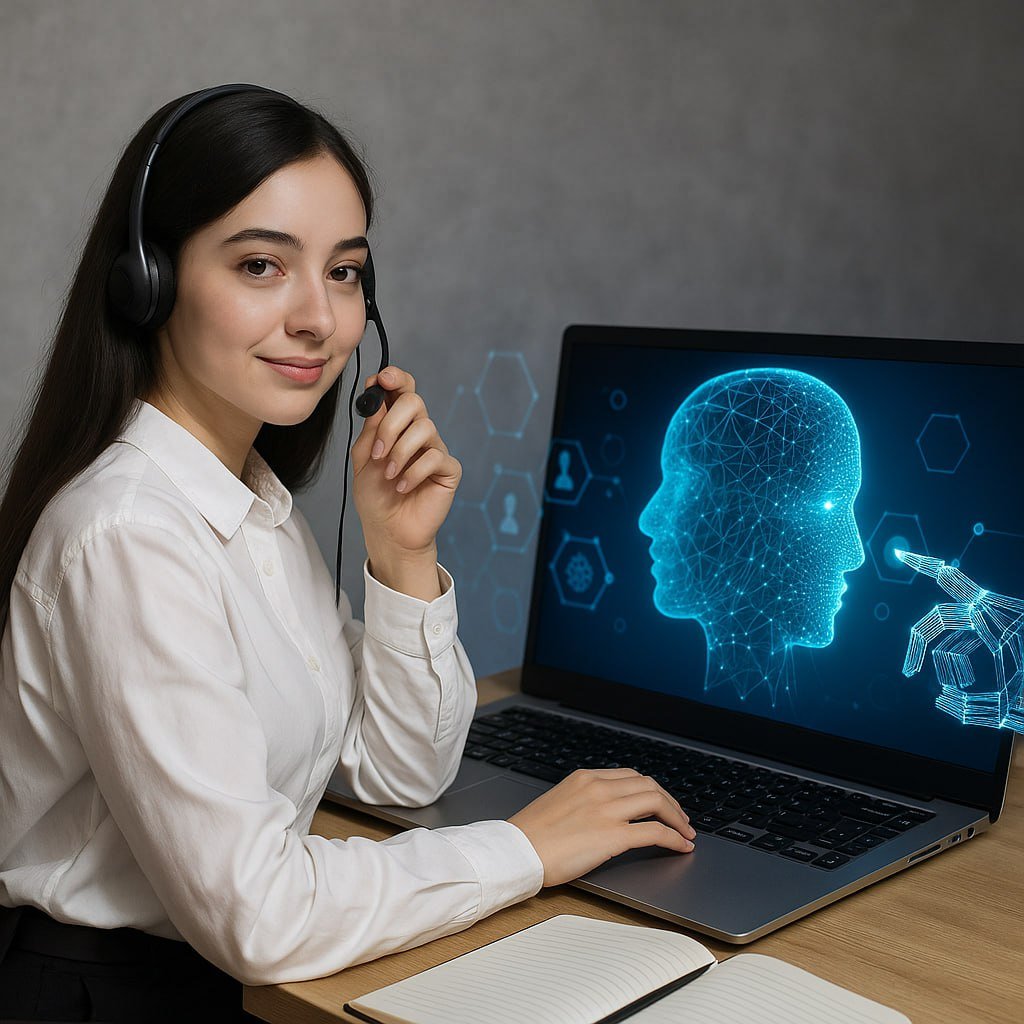
Who could have imagined that in 2025, translators would be leading the charge in the tech revolution? While everyone’s busy arguing about whether AI will replace humans, translators have already found the secret: working with AI instead of against it. Together, they’re becoming the unsung heroes of a world that’s more connected than ever.
A recent report by WifiTalents shows that over 52% of translators now use AI tools every day, and 76% of industry insiders believe the profession is going to look completely different within just five years. But don’t believe the doomsayers — AI isn’t killing the translation industry. It’s making it more exciting than ever.
Here’s why translators matter now more than ever:
AI can churn through basic translation tasks at lightning speed, but only humans can craft texts that feel authentic, natural, and culturally spot-on.
Companies today don’t just need people who know the words — they need cultural experts who understand the nuances, humor, and subtext that make or break communication across borders.
Translation agencies are even creating new positions like AI Ethics Officers — specialists who make sure AI-generated translations don’t end up spreading stereotypes or cultural misunderstandings.
Goodbye boring routine — hello creative strategy.
Modern translators aren’t just moving words from one language to another. They’re sense-makers, style consultants, and trusted advisors helping brands speak naturally to audiences around the world — and avoid those embarrassing “lost in translation” moments.
What does this mean for all of us?
The powerful combination of human skill and AI speed is tearing down language barriers faster than ever before. Translators are the real bridges turning globalization from a buzzword into something people can actually experience.
Bottom line: translation isn’t a dying art. It’s an exciting, future-proof profession where human insight and smart technology work side by side — and it’s only getting more important.

.png)






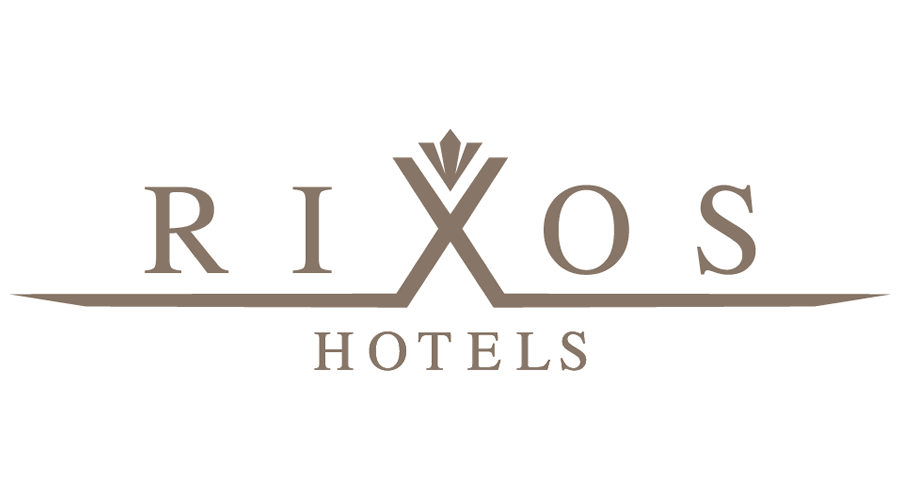



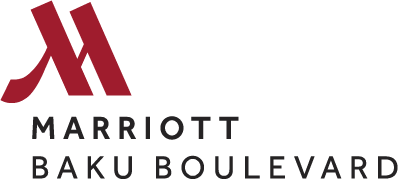
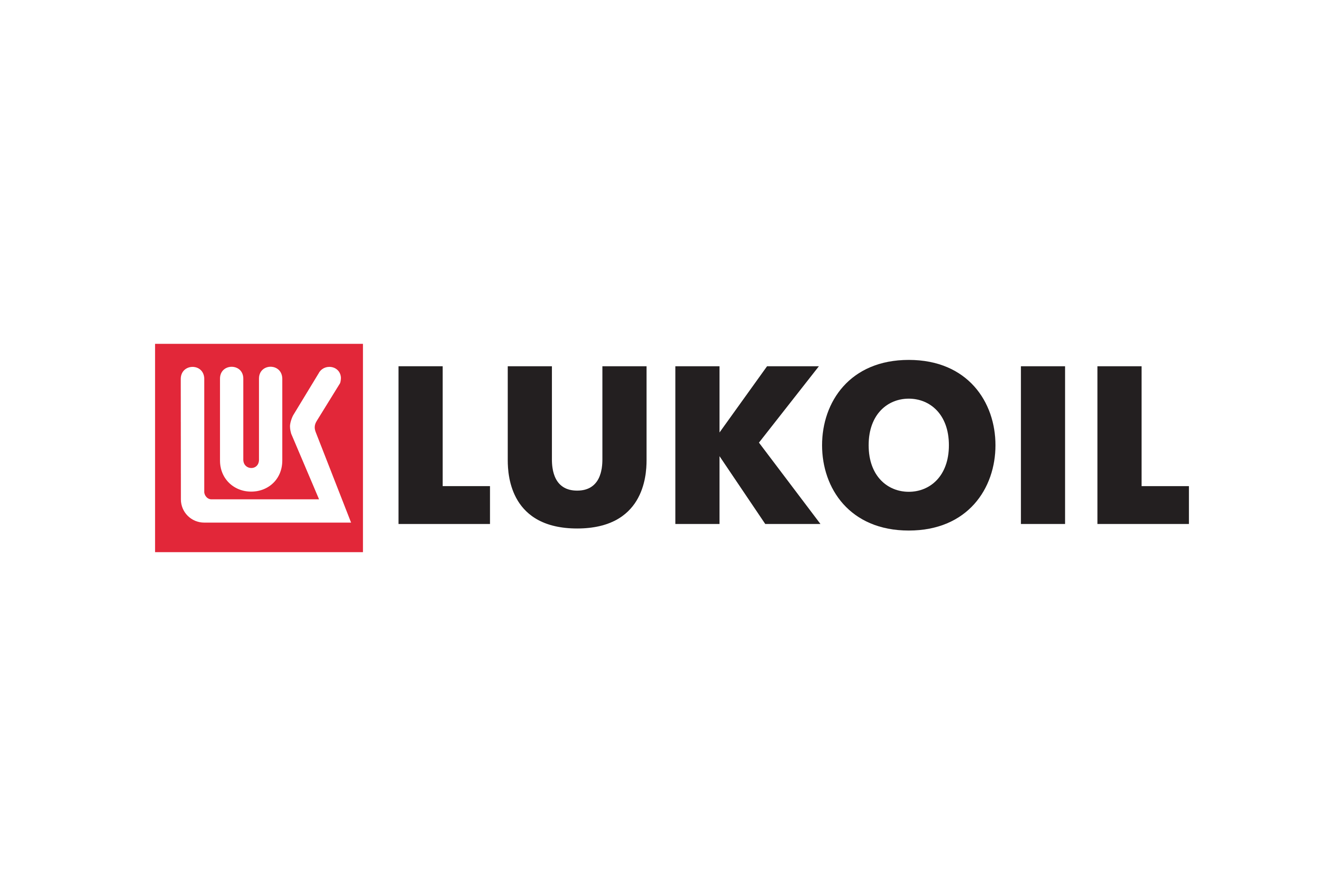





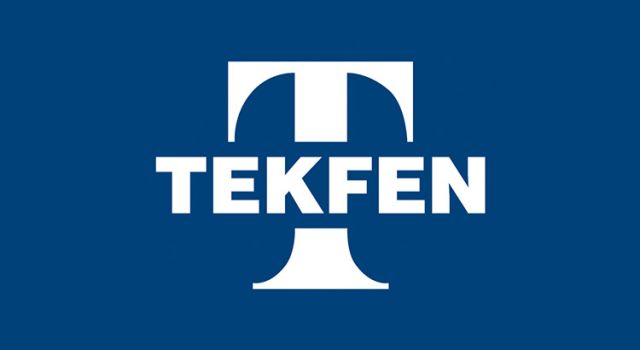


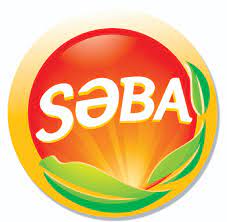


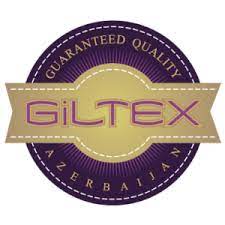

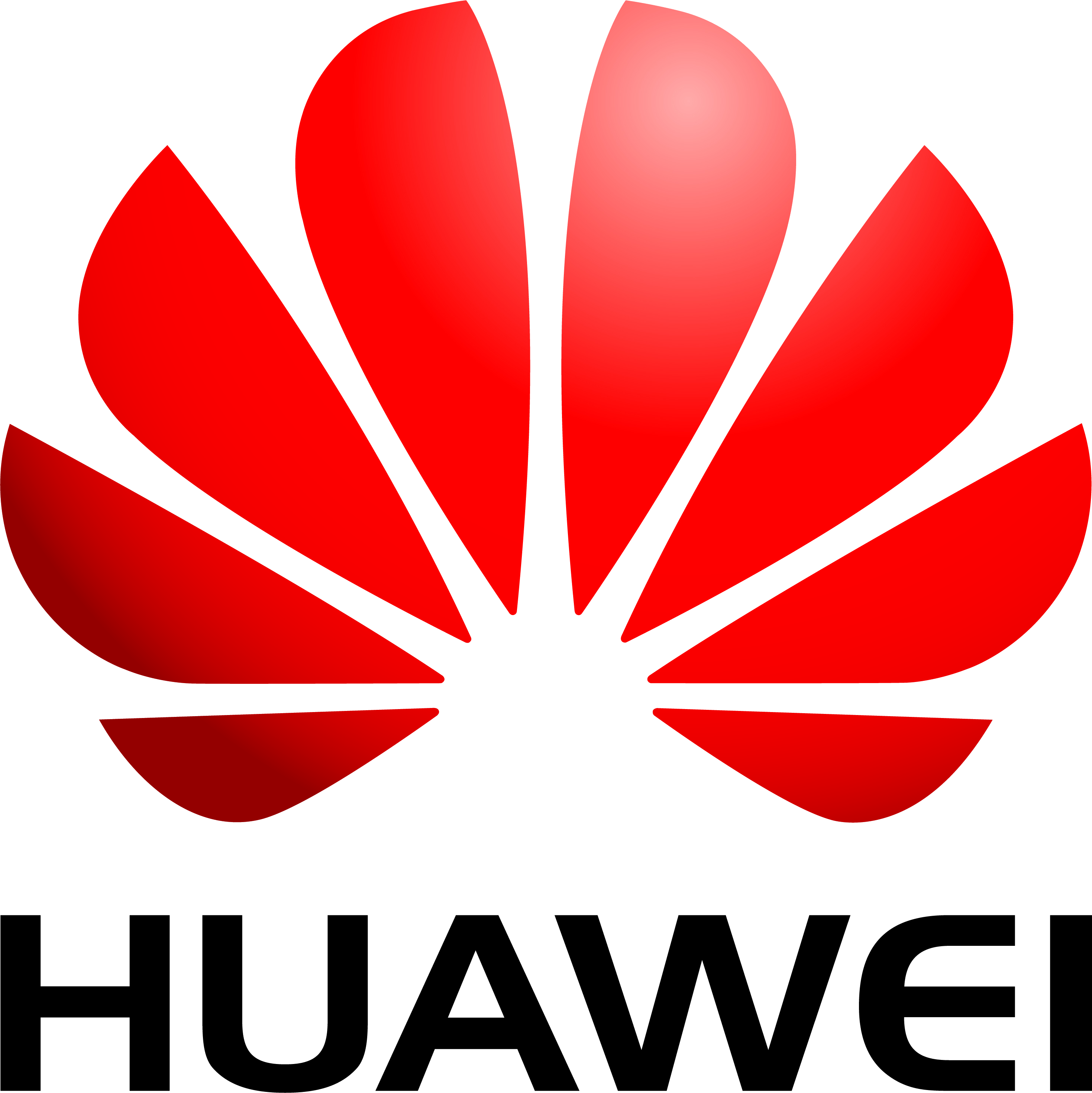
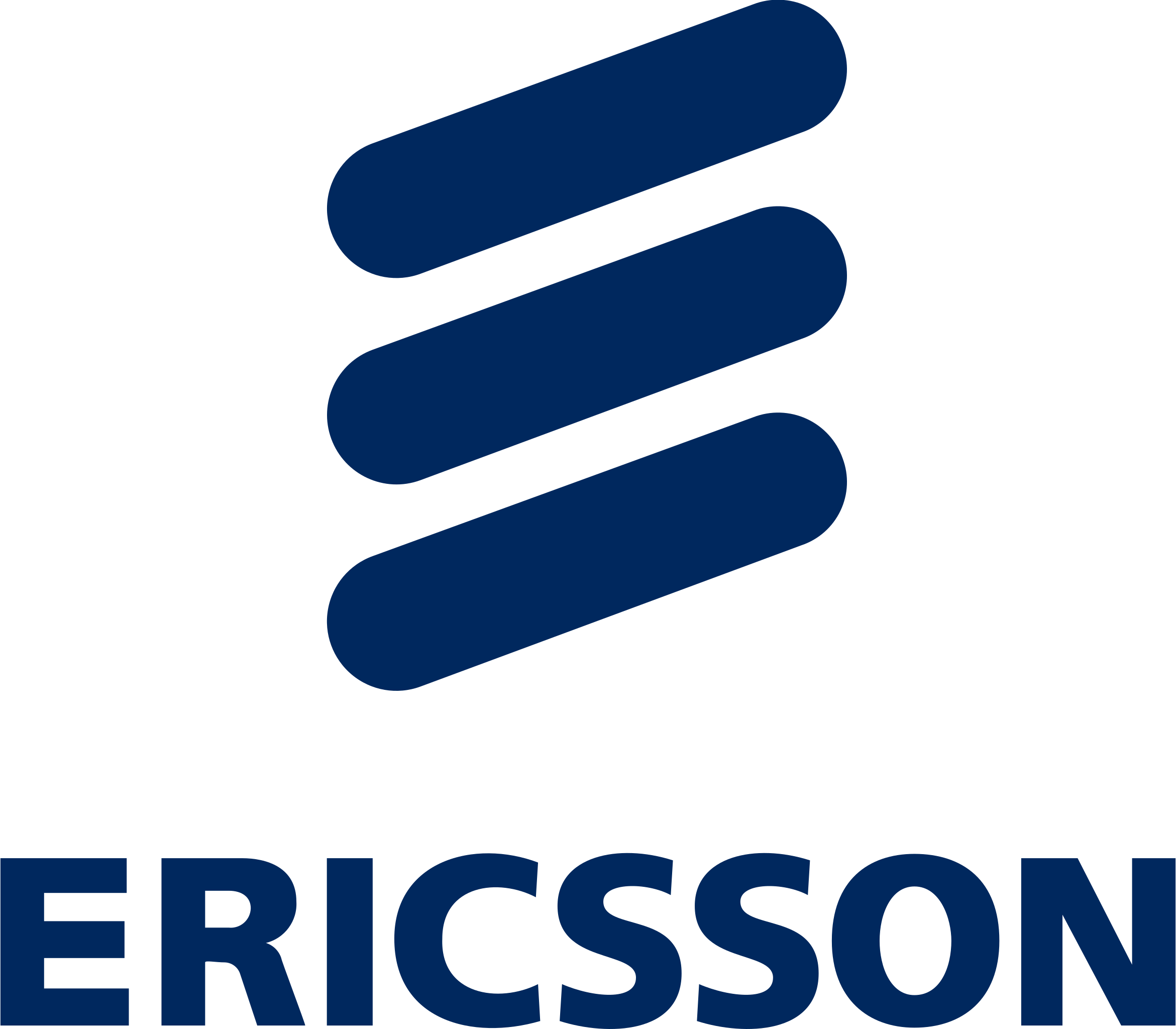



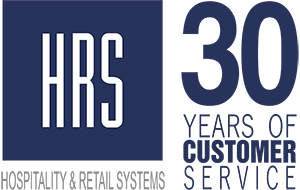





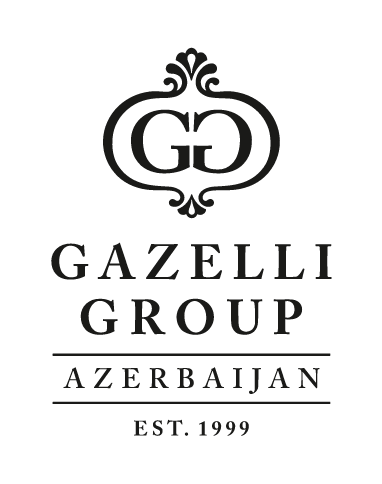









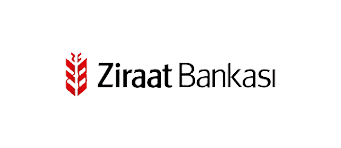

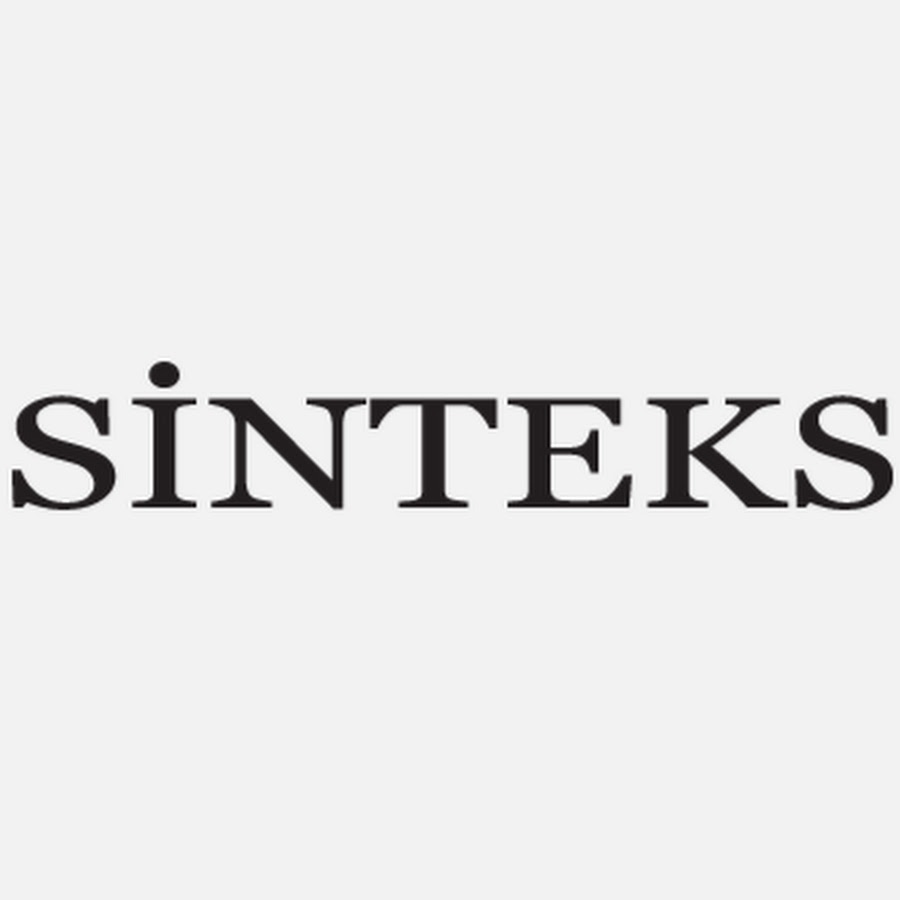








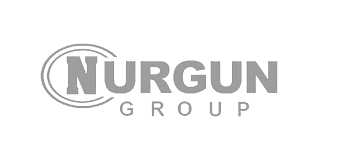
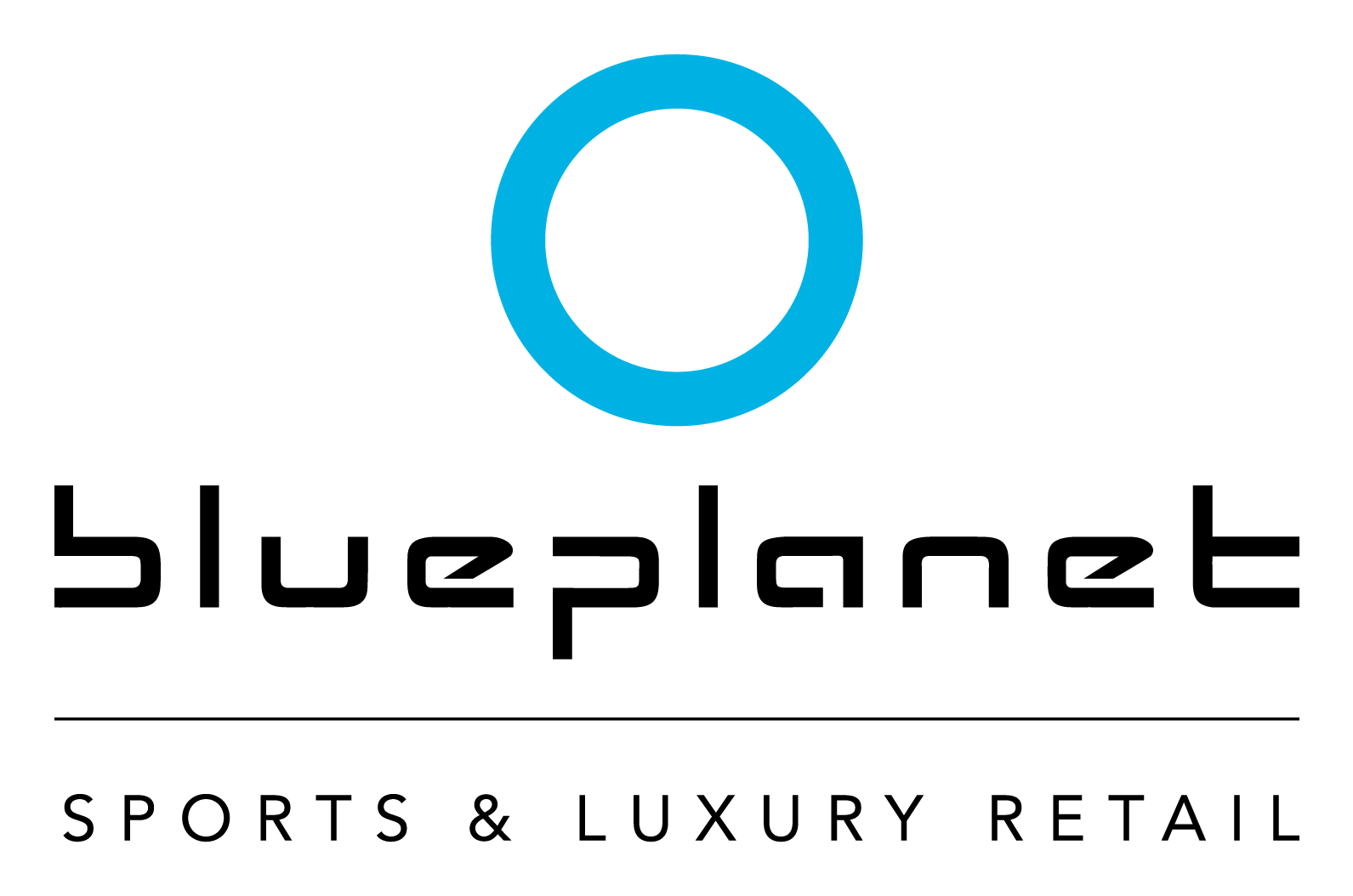
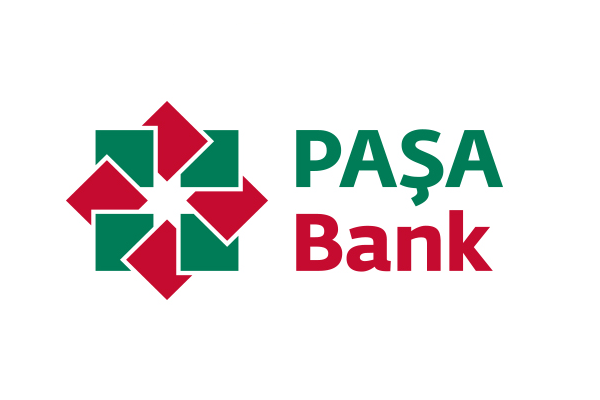


.jpg)